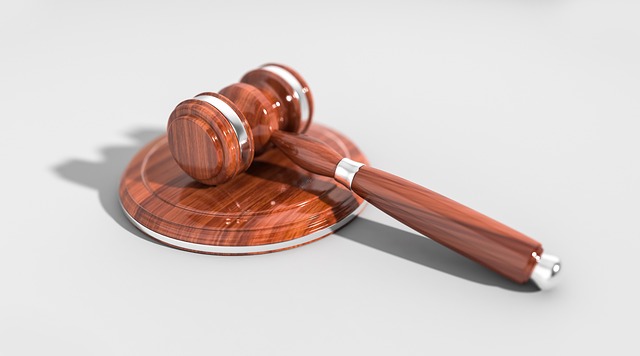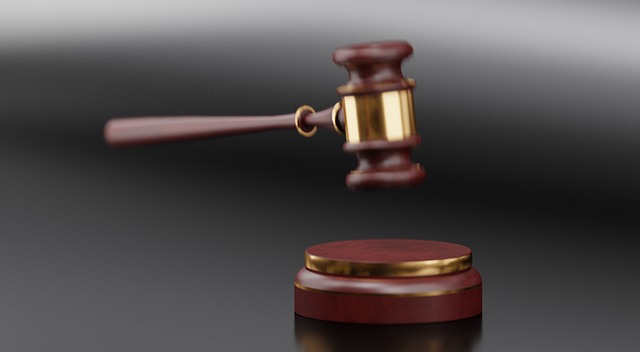In Oregon, driving under the influence (DUI) is a serious offense with strict laws and penalties outlined in the state's Oregon DUI guide. A conviction can result in fines, license suspension, jail time, and mandatory safety classes, with penalties escalating for subsequent offenses. A robust defense strategy, requiring an understanding of state laws detailed in the Oregon DUI guide, can significantly enhance court outcomes. The guide offers insights into sentencing, appeals processes, restoring driving privileges, and protecting records after acquittal, emphasizing the importance of planning legal options to avoid repeat offenses and shape future prospects.
Looking for guidance on defending against Oregon DUI charges? This comprehensive Oregon DUI guide offers invaluable insights into navigating the state’s stringent laws and penalties. Discover how a well-crafted defense strategy can protect your rights and mitigate potential outcomes. From understanding the legal landscape to exploring post-trial options, this guide equips you with the knowledge to face these challenging accusations head-on.
- Understanding Oregon's DUI Laws and Penalties
- Building a Strong Defense Strategy
- Potential Outcomes and Next Steps After Trial
Understanding Oregon's DUI Laws and Penalties

In Oregon, driving under the influence (DUI) is taken very seriously, with strict laws and significant penalties in place to deter impaired driving. The state follows a comprehensive Oregon DUI guide that outlines what constitutes DUI, the legal blood alcohol limit (BAL), and the consequences of a conviction. Knowing these laws is crucial for anyone facing DUI charges, as it helps them understand their rights and potential outcomes.
The Oregon DUI guide specifies that an individual is considered impaired if their blood alcohol content (BAC) is 0.08% or higher, or if they are under the influence to the point of being unable to drive safely. Penalties for a DUI conviction in Oregon can include fines, license suspension, jail time, and mandatory safety classes. These penalties increase with subsequent offenses, making it imperative for those accused to build a robust defense strategy to mitigate these potential consequences.
Building a Strong Defense Strategy

When building a defense strategy for Oregon DUI charges, it’s crucial to start with a thorough understanding of the state’s laws and regulations, as outlined in the Oregon DUI guide. A skilled attorney can help navigate this complex landscape, ensuring every aspect of the case is examined closely. They will gather evidence, challenge the prosecution’s case, and develop unique arguments tailored to the client’s situation.
This process involves scrutinizing everything from the initial stop and arrest to the administration of field sobriety tests and blood or breath analysis. By employing strategic defenses, such as questioning the validity of test results, challenging eyewitness accounts, or exploring potential violations of constitutional rights, legal professionals can significantly strengthen their client’s position in court.
Potential Outcomes and Next Steps After Trial

After a trial for Oregon DUI charges, several potential outcomes can unfold. If found guilty, individuals face significant consequences, including fines, license suspension or revocation, and even imprisonment. However, acquittal or a not-guilty verdict offers a different path, allowing the accused to move forward with their lives while potentially facing conditions like community service or probation.
Regardless of the outcome, the next steps are crucial for anyone navigating an Oregon DUI case. For those convicted, understanding the sentencing and appealing options becomes essential. The Oregon DUI guide provides insights into potential penalties and appeals processes. Conversely, those acquitted should consider how to restore their driving privileges and protect their record. This phase demands careful consideration of legal options and strategic planning for the future, especially when aiming to avoid repeat offenses as per the Oregon DUI guide’s recommendations.






